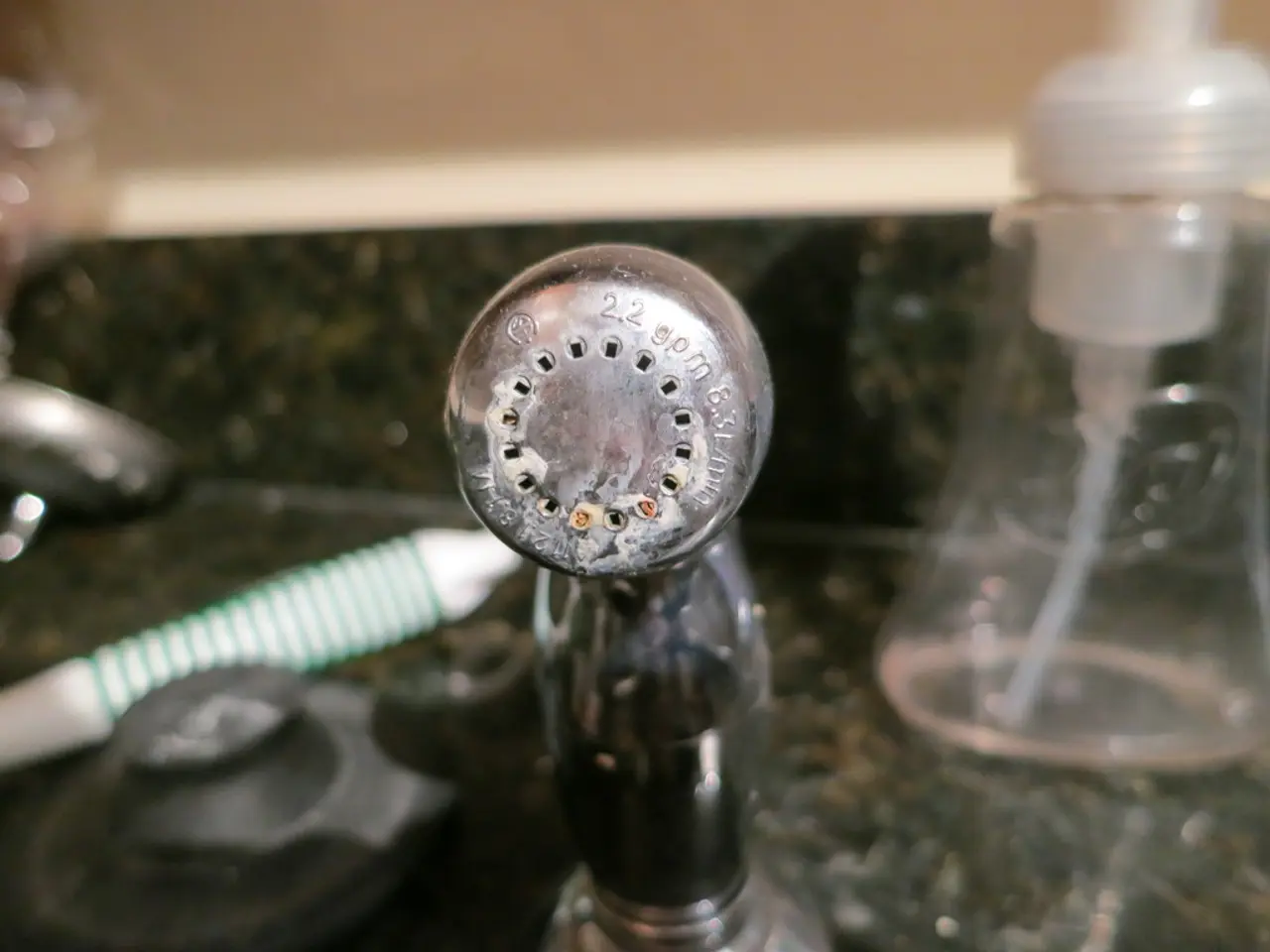Hidden Costs Unveiled
In the ongoing debate about energy efficiency and sustainability, the cost implications of using gas heaters versus heat pumps have become a pressing concern. A 20-year analysis reveals that the total cost of owning a gas heater can often exceed the initial purchase price due to ongoing fuel costs, CO2 emissions costs, maintenance, and potentially rising natural gas prices. In contrast, heat pumps are commonly more cost-effective in the long run, especially when accounting for energy efficiency, lower operating costs, and subsidies or tax incentives.
Gas heaters typically have lower upfront installation costs, but their lifespan is around 15-20 years, with maintenance related to combustion safety and fuel supply management. The operating costs for gas heaters can increase over time due to fuel cost volatility and CO2 pricing or carbon taxes. These ongoing expenses over 20 years can surpass the initial cost of the heater.
Heat pumps, although more expensive initially (installation can vary, often starting near £975 for air-to-air units without VAT), benefit from significantly lower operating costs by using electricity more efficiently to generate heat. They usually last 15-20 years or more and require only regular servicing, which is generally less expensive than furnace maintenance. Heat pumps offer potential energy bill savings of up to £170 per month for some users, which helps offset the initial cost over several years.
Subsidies and grants are often available for heat pumps, improving affordability and reducing the payback period. For example, high-efficiency heat pumps can pay for themselves within 8–10 years under favorable conditions thanks to these incentives. In Bremen, households can receive up to 60% in total funding for switching to a heat pump through the heating replacement program.
It is essential to note that the costs for heat pumps are significantly higher than the maximum subsidy of 30,000 euros. However, these subsidies could significantly reduce the cost, making a 50% subsidy realistic for most homeowners. The actual CO2 price is difficult to predict, with the Finanztip model assuming an average price of 182 euros per tonne.
The main reason for the high costs of gas heaters over 20 years is the rising CO2 costs. Since 2024, new gas heaters must be mixed with biogas, and the CO2 costs of a gas heater over 20 years are around 17,500 euros extra. In Bremen, the prices for gas heating systems are lower, ranging between 9,000 and 12,000 euros.
In conclusion, while gas heaters may have lower initial costs, their total 20-year cost is typically higher due to fuel and CO2 costs and maintenance. Heat pumps, enhanced by subsidies and their energy efficiency, are generally more cost-effective over the same period, especially in mild to moderate climates or where incentives reduce upfront expenses.
In Bremen, heat pumps can be more cost-effective in the long run compared to gas heaters, even with initial costs near £975, due to energy efficiency, lower operating costs, and subsidies like the heating replacement program that can provide up to 60% in total funding.
The technology of heat pumps, which uses electricity more efficiently to generate heat, offers potential energy bill savings of up to £170 per month for some users, which helps offset the initial cost over several years.




